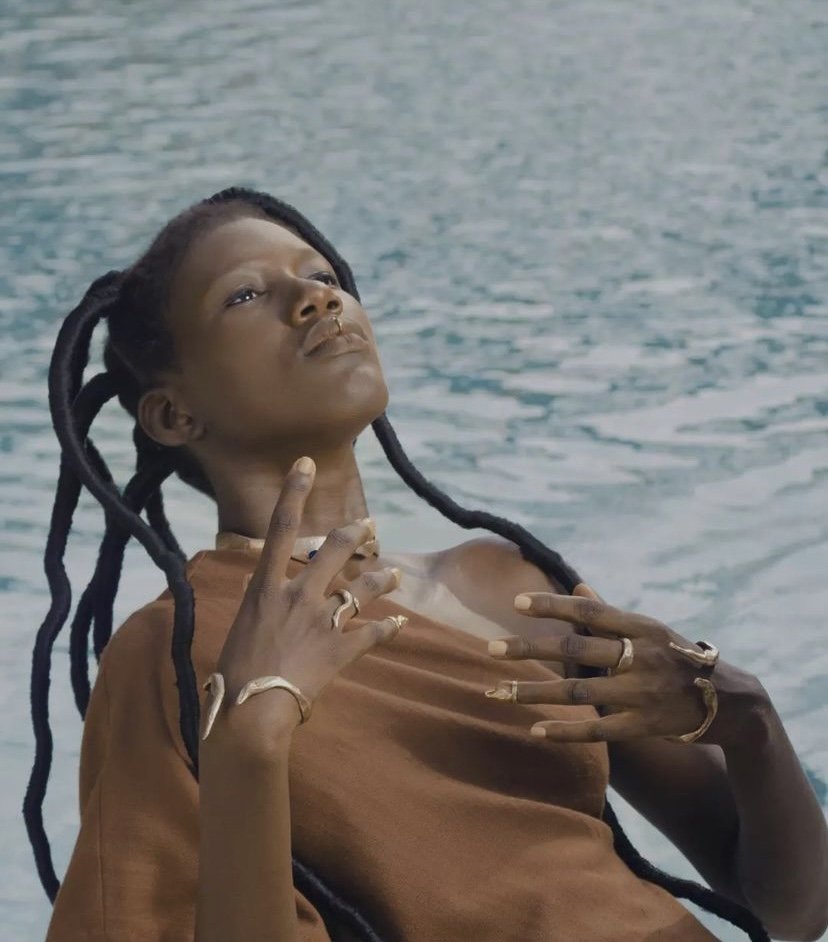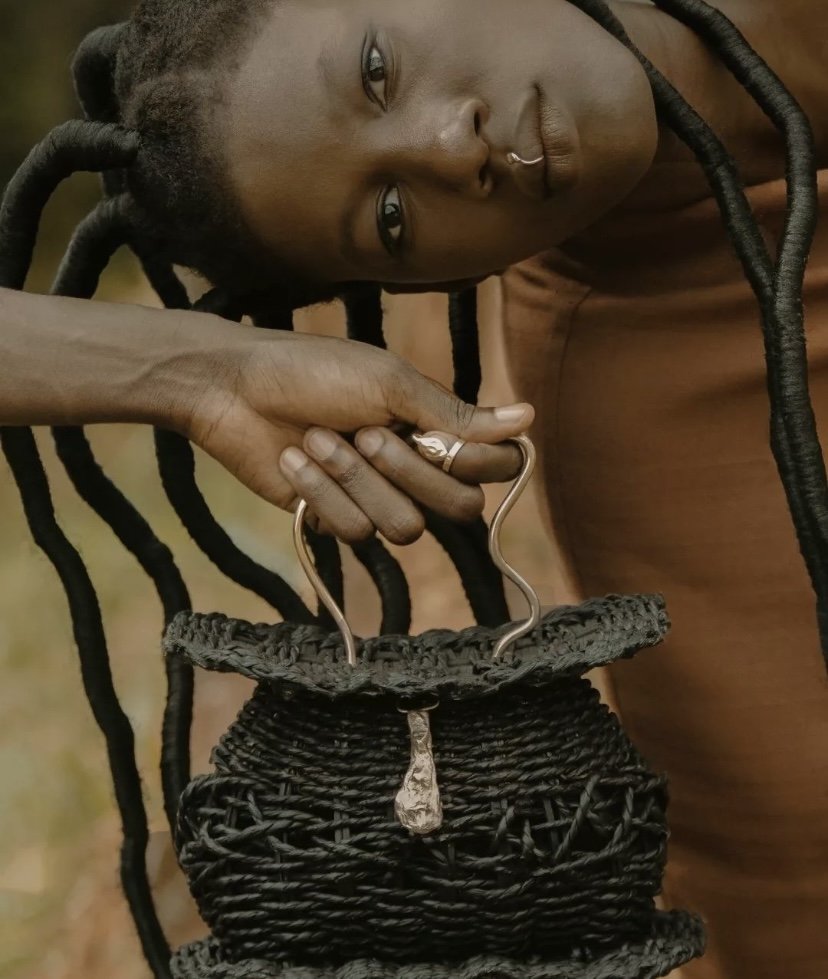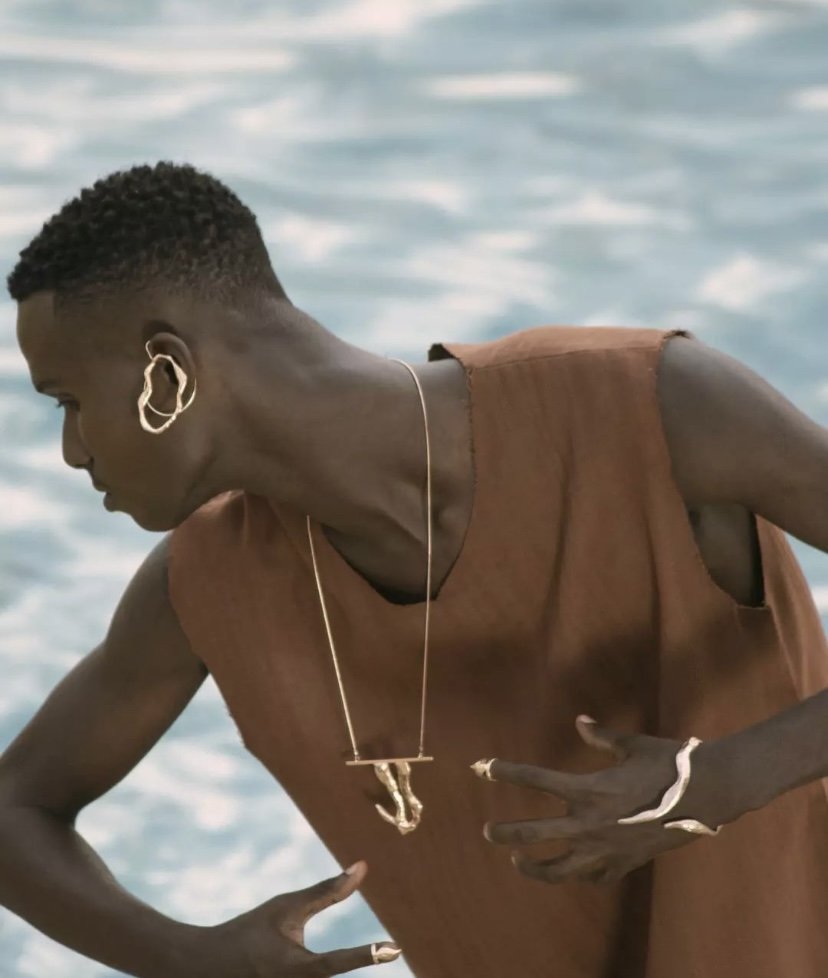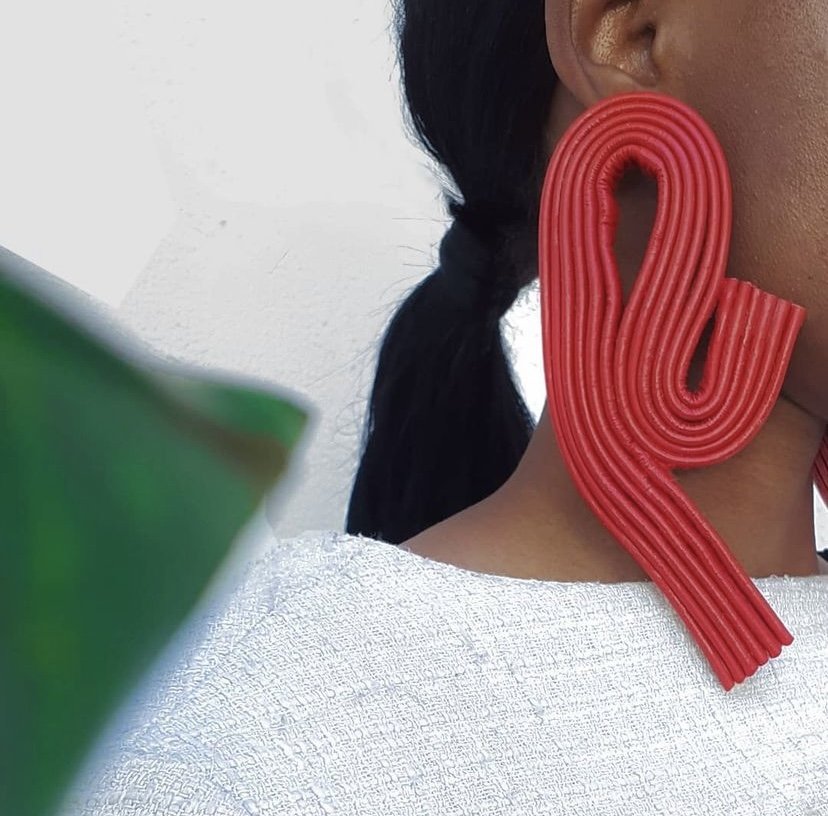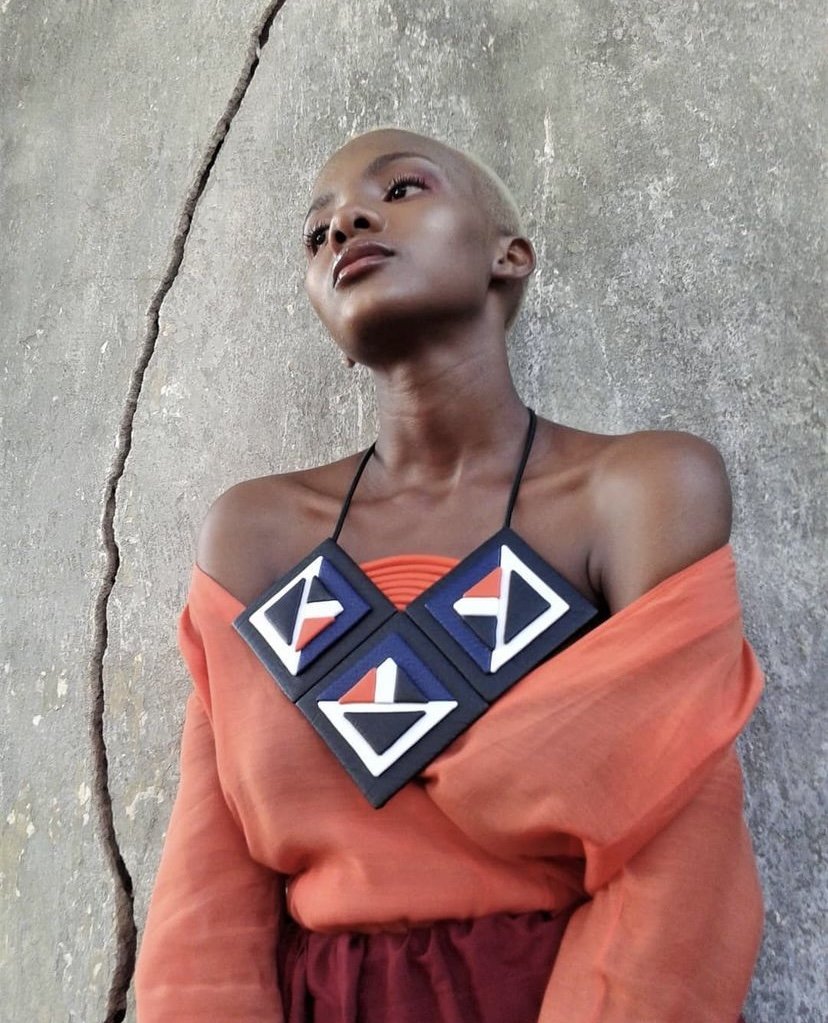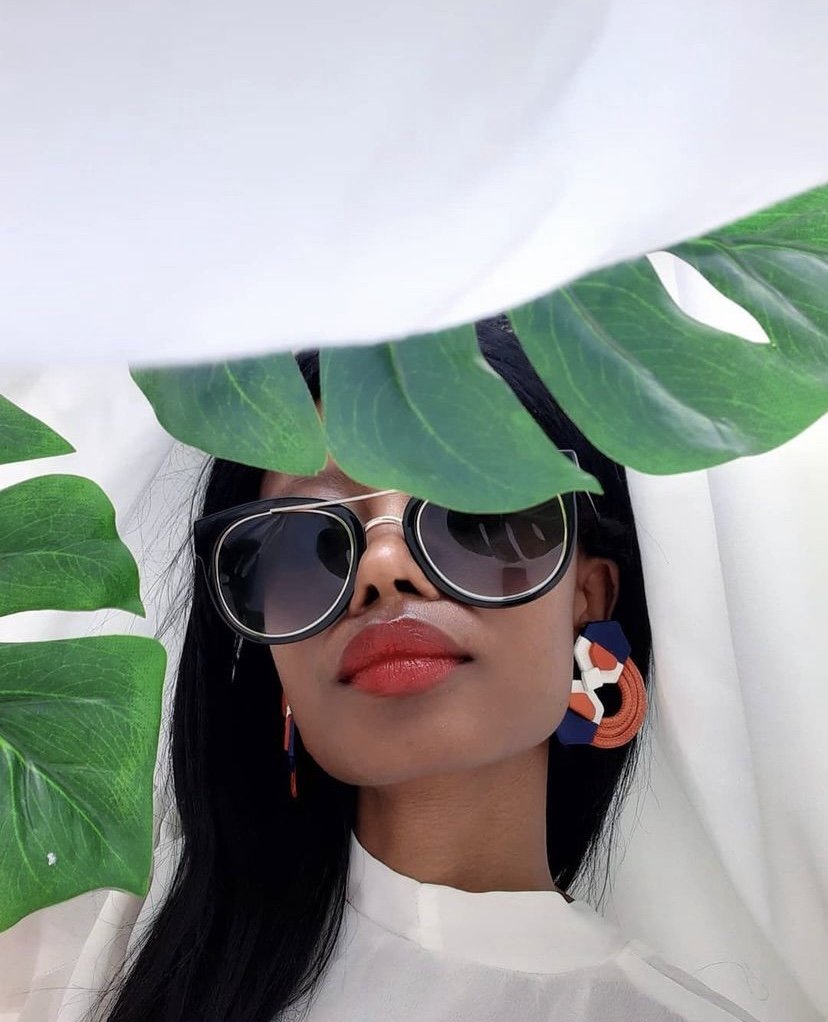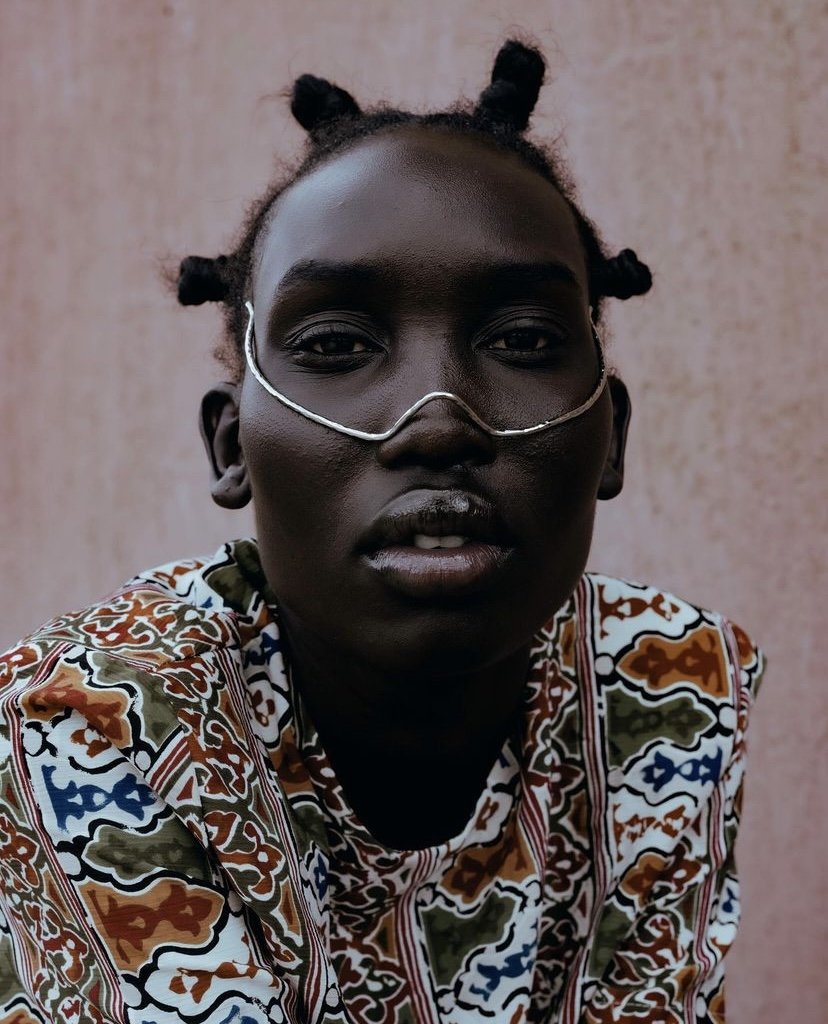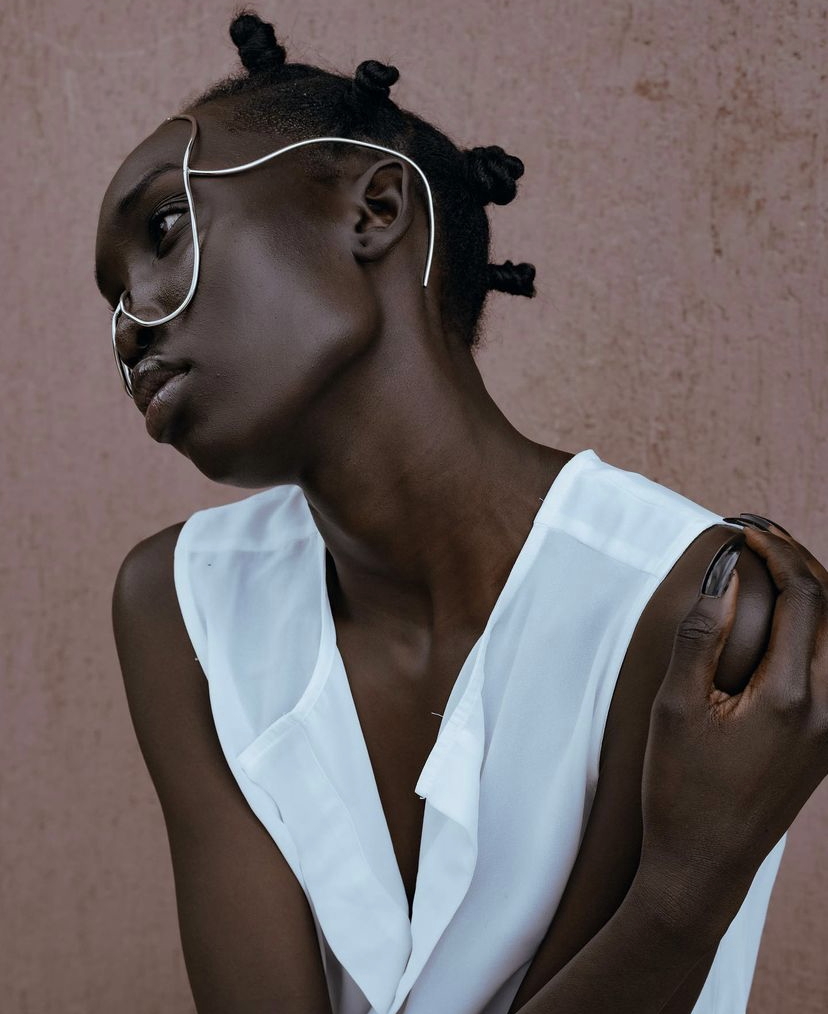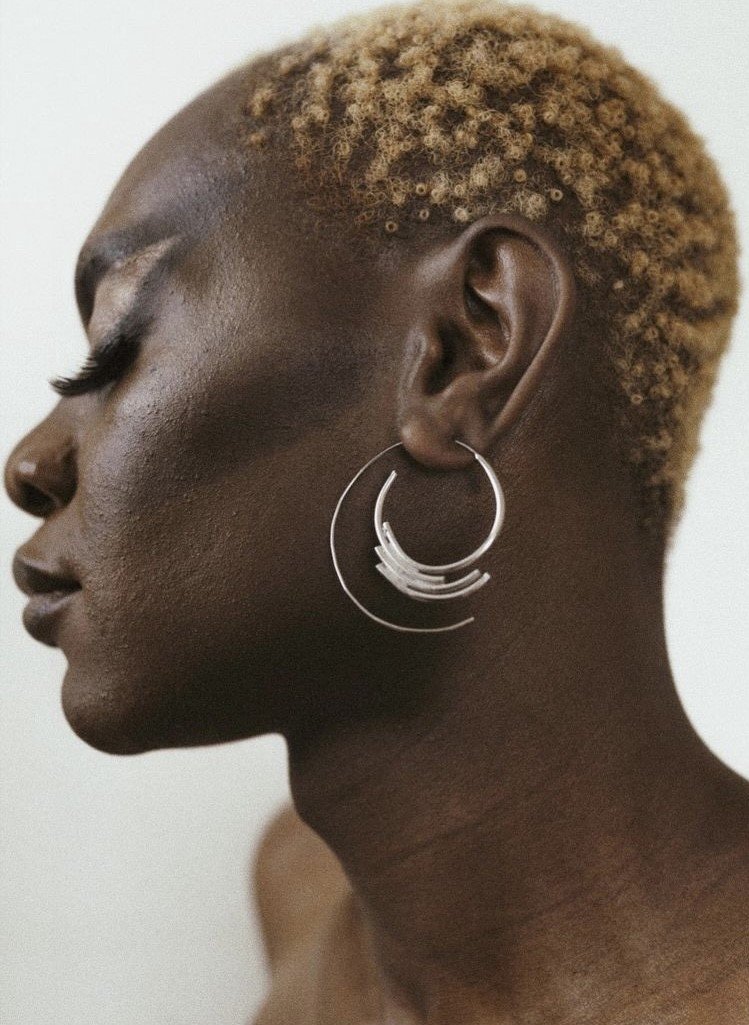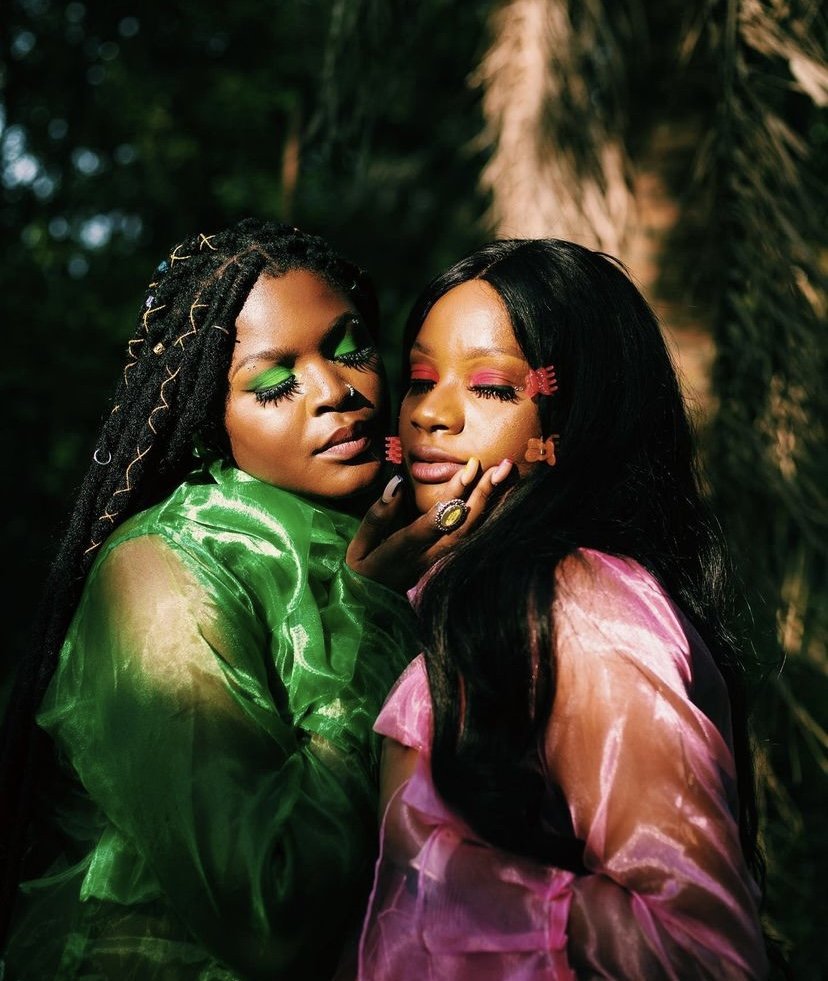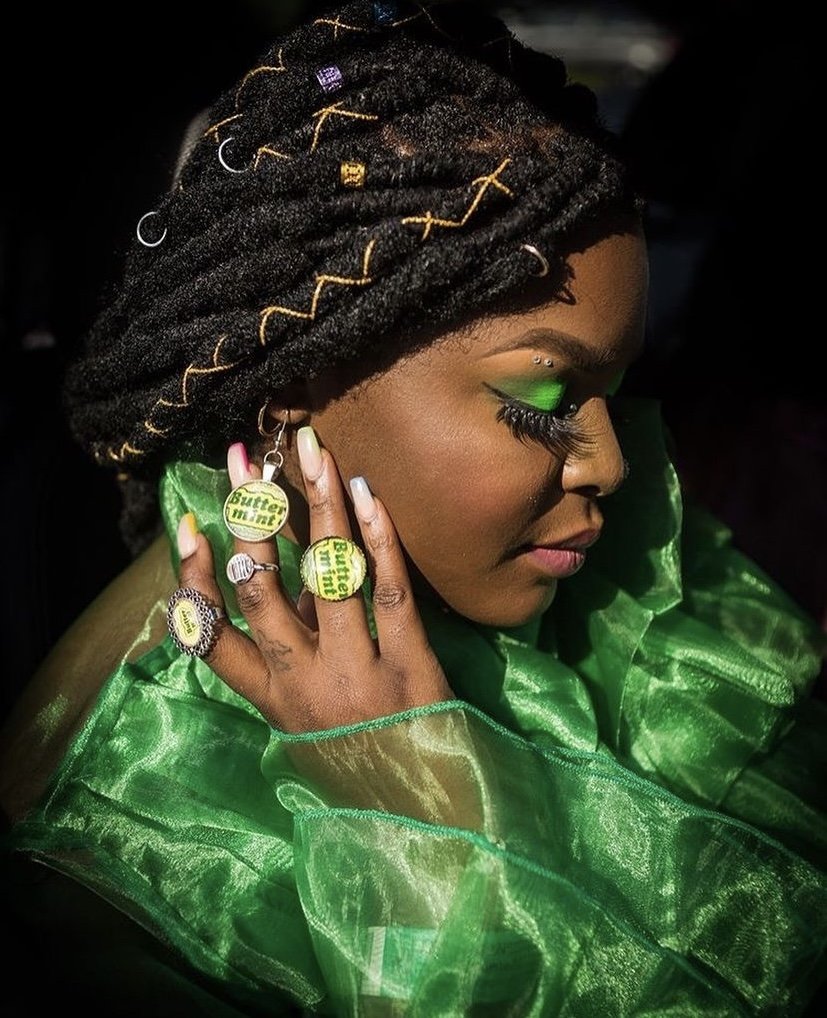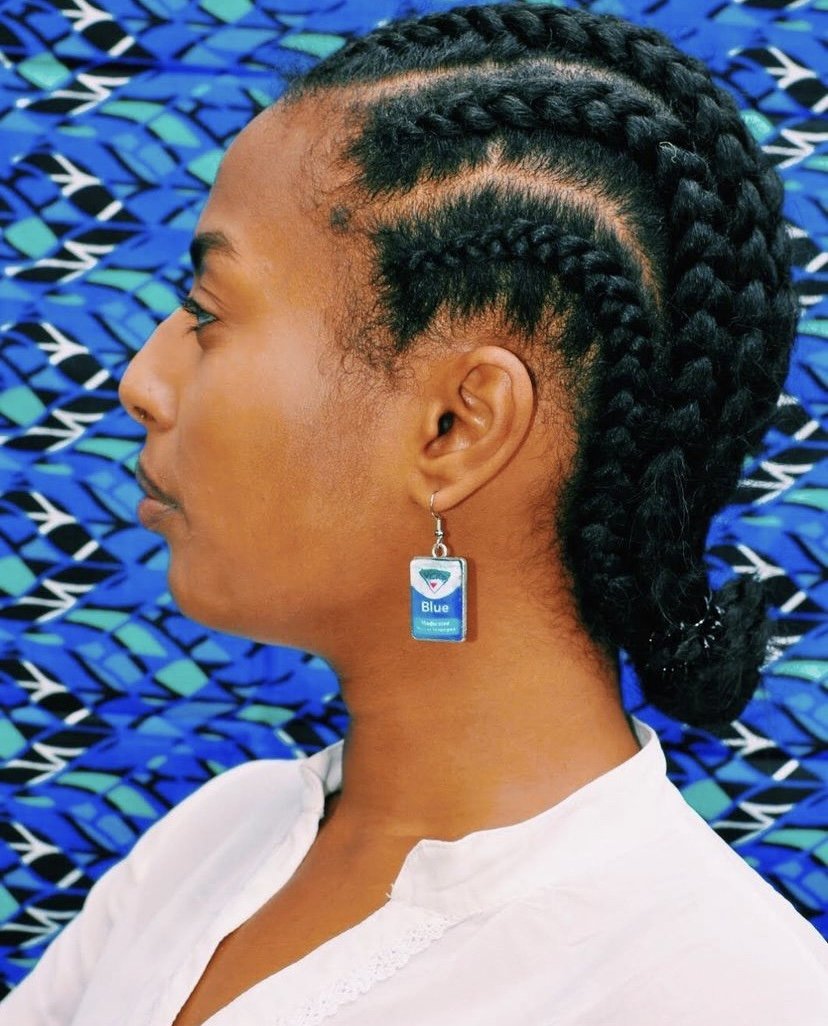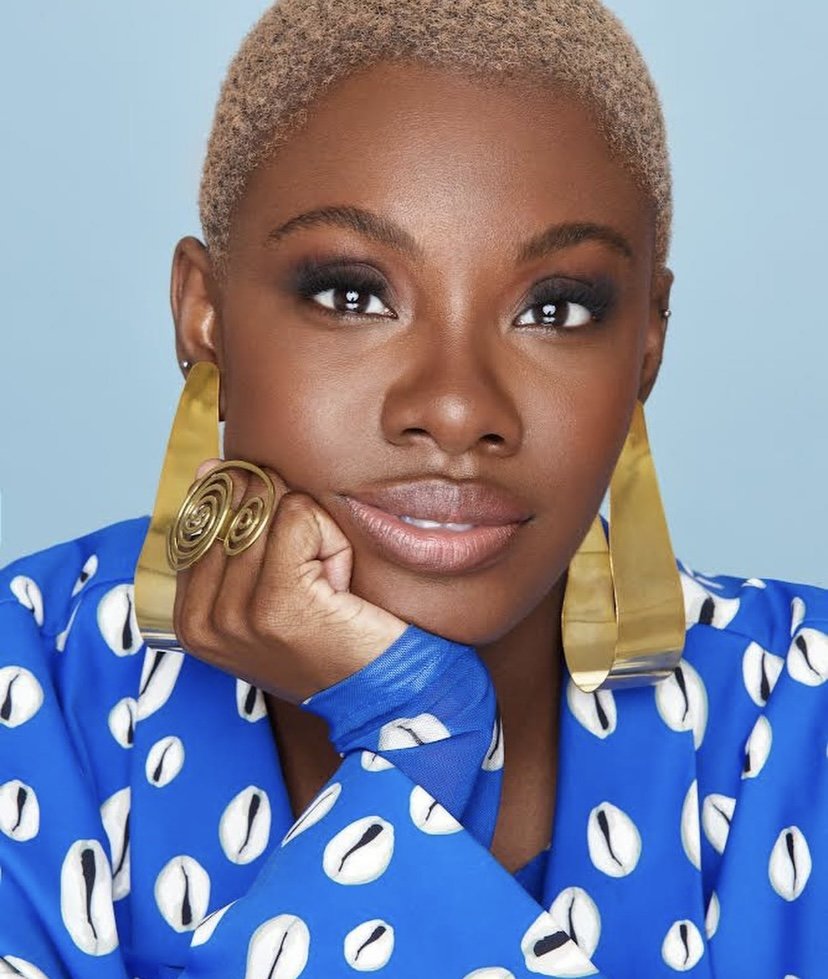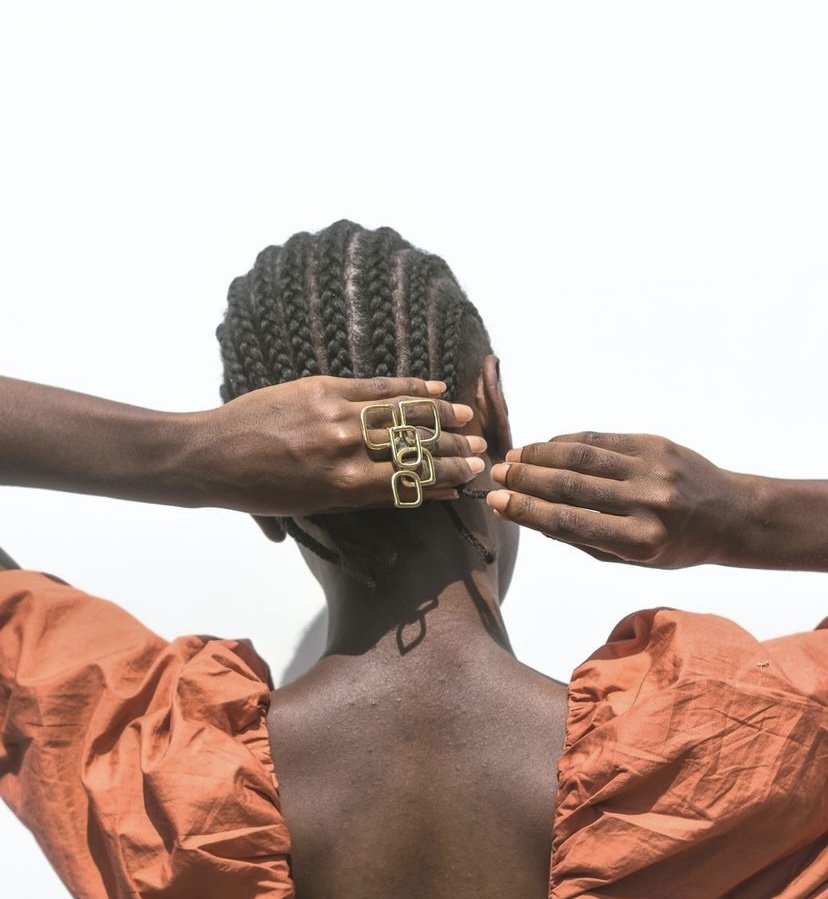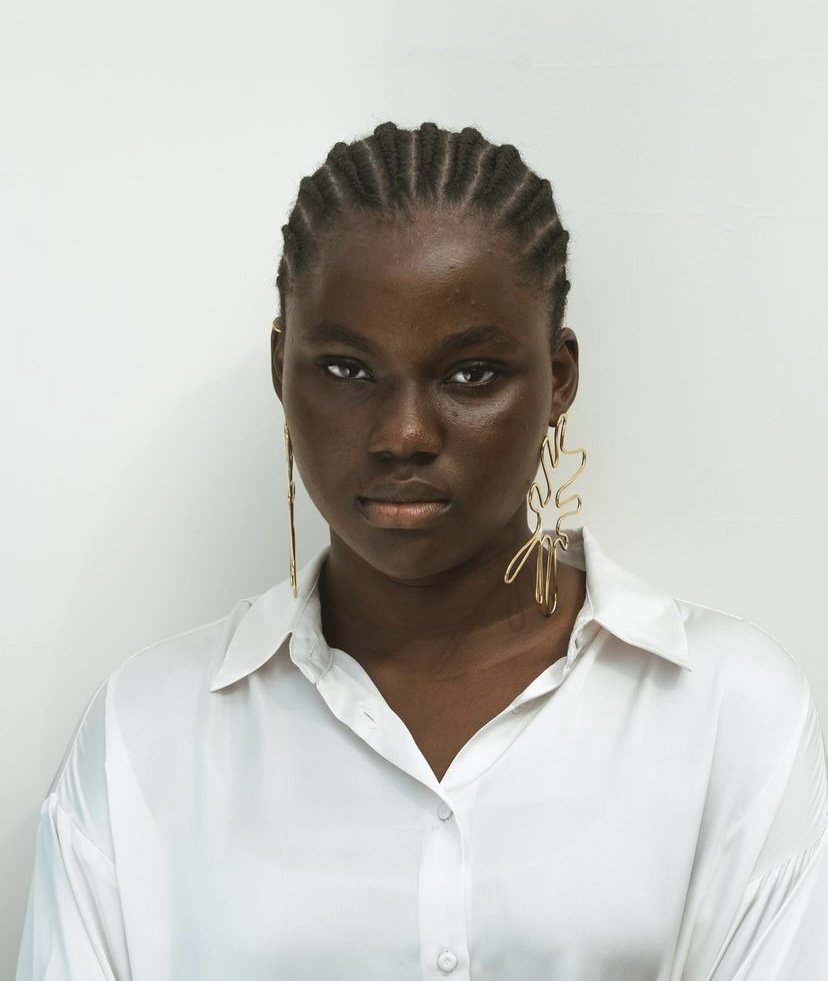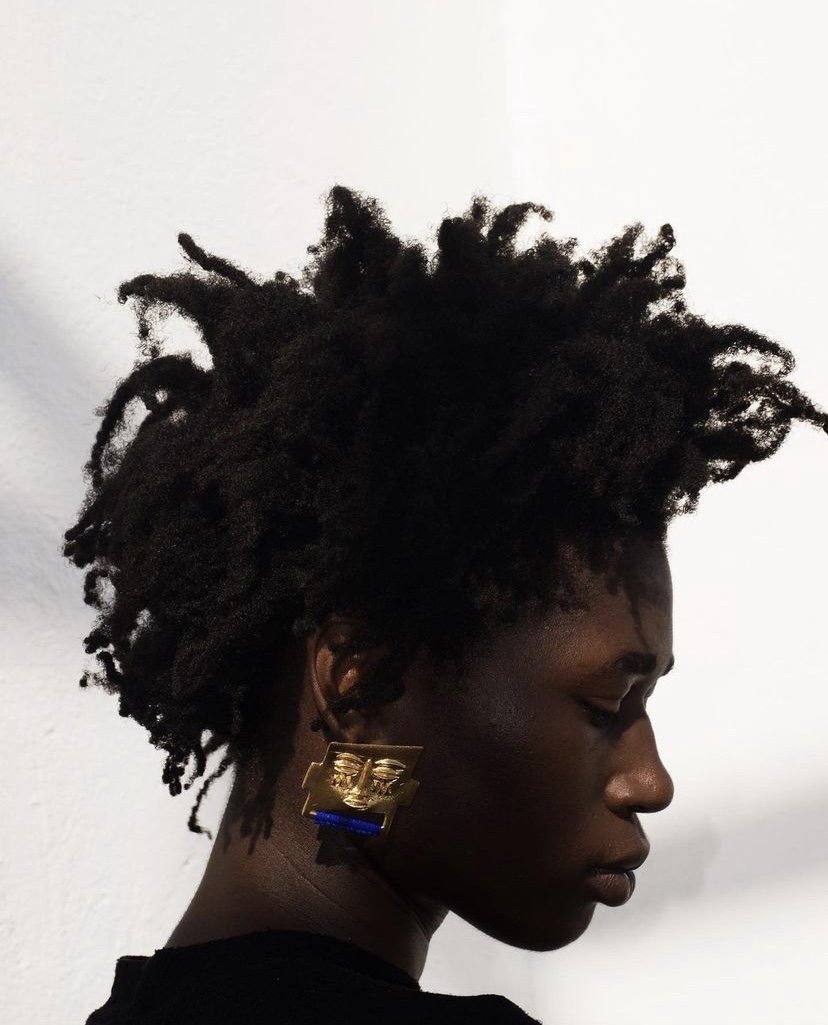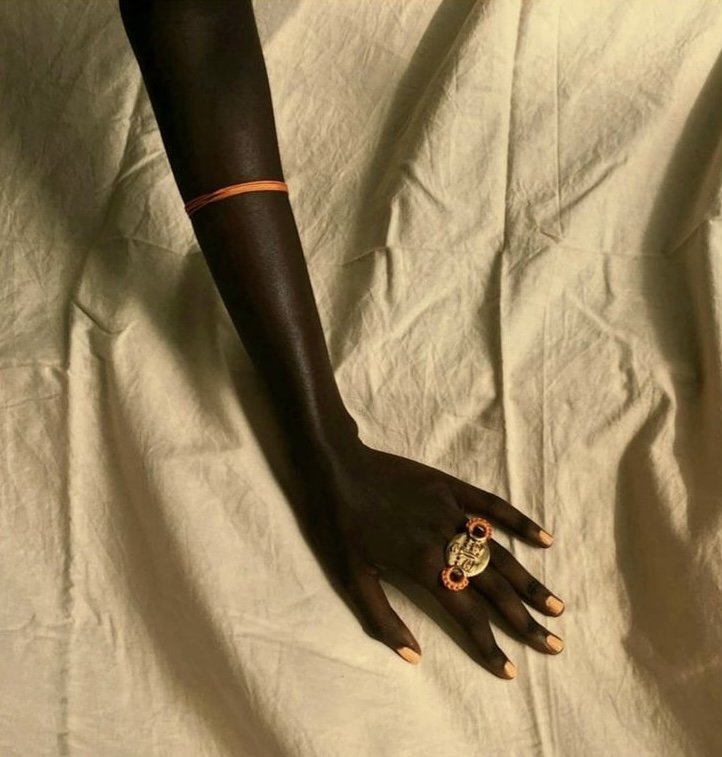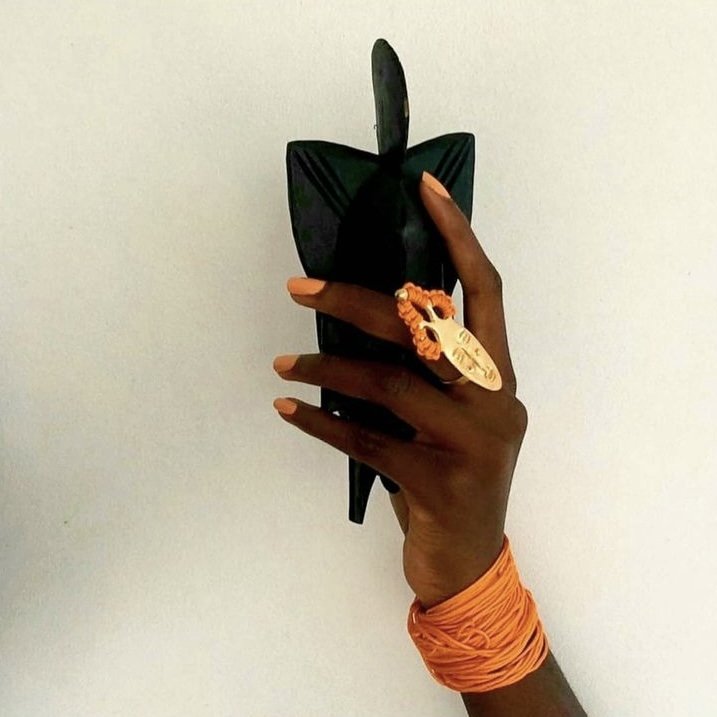6 African Jewelry Brands Built on Passion and Care
Historically, jewelry in African societies has served spiritual and sentimental functions. One’s choice of adornment is also often a marker of wealth, status or prestige.
The common thread among the brands we’re exploring is cognizance of the vast utility of jewelry. All their pieces call you to be intentional about your sartorial choices while respectfully nodding to African cultures. Beyond aesthetics, the brand founders aim to inspire others, build community and invest in sustainable value chains that prioritise local African artisans.
Whether you’re preparing for a summer event that’s been marked off for months or on the hunt for a conversation starter, you’re bound to find an exciting piece from a brand with passion and care at its core.
OHIRI
Spread between Paris and Abidjan, Ohiri creates jewelry that doubles as body art. The creative director, Akébéhi Kpolo, traces her appreciation for jewelry to trips around Côte d’Ivoire as a child.
“Each summer, [my parents] would pick a city and we’d discover the culture, the villages, the people and the art. I was very impressed by the jewelry because there are different ethnicities in Côte d’Ivoire — I think about sixty — and in each ethnic group, there’s meaning behind the jewelry, the way you wear it and when you wear it,” she explained.
She was also inspired by her mother and gold pieces worn by the Akan people, a tribe primarily existing across Ghana and Côte d’Ivoire. Their royalty is known for sporting bold, chunky jewelry that convey a host of meanings. This reference is perhaps why Ohiri’s pieces provoke an undeniable feeling of regality. They are also incredibly inventive and multi-purpose.
Made in France, the pieces from their Lines collection are elegantly designed and available in 925 silver or 18K gold. This three-in-one piece can be worn around your knees or adjusted to fit as a necklace.
This wrist cuff from the Outlines collection is inspired by Ivorian folklore and takes the shape of both water and mythical crocodiles. Consider combining it with a fluid garment for balance.
Before starting Ohiri, Kpolo worked with local artisans to restore beloved jewelry and as she expanded, eco-consciousness remained central to the brand’s ethos. She asked two of those artisans to join her team and keeps production lean.
2. XITA
One Rapelana has always been artistic. She initially opted for the “safer” corporate route, but after completing an internship in 2014, she experimented with old T-shirts and CDs and accidentally created a necklace. This catalysed her hand-crafted accessories brand: Xita.
Perusing the brand’s catalogue, you’ll quickly notice an affinity for leather (either vegan or by-products from the meat industry) and a lingering geometric theme. Each piece also has a unique point of view on structure and flow.
Aptly named, the Flow Earrings take the shape of curved spirals and the red versions can shapeshift into the pop of colour needed to accompany an understated spring/summer outfit or the period on an already alternative look.
The Flax Earrings are just as arresting. They incorporate ropes into an intricate amalgamation of hexagons and mini-circles. Pair them with staple pieces in your closet for a firm and steady look.
Xita is based out of Botswana.
3. THERESIA KYALO
Jewelry is often regarded as a supporting act in the anatomy of outfits, but Theresia Kyalo’s eponymous brand begs to differ. Her pieces are stentorian and attempting to overshadow them with clothing would no doubt be a fruitless endeavour.
Case in point: her 2019 collection Body Pieces. Each piece adorns parts of the body often left out of consideration and set the pace for her identity as a storyteller as well as a designer.
Kinga Pua, the first piece above, translates to “nose protector” and was featured in Beyonce’s 2020 film Black is King.
Kyalo doesn’t believe in merely pushing merchandise. As a creative first and foremost, the visual aesthetic of each collection matters to her. The result is always an immersive experience that confronts viewers, daring them to look beyond what’s in front of them.
Kyalo’s brand is also firmly rooted in her community. She works with Kenyan artisans and with each purchase, consumers understand that they are buying more than just avant-garde jewelry.
“They are buying into a story, a heritage and a non-perishable form of expression that they see themselves in,” Kyalo stated on her website.
4. R&R COLLECTIVE
Founded by Tobi Kolawole-Olatude, Revival and Resurrection (shortened as R&R Collective) is a Nigerian brand merging nostalgia with an innovative take on sustainability.
Each piece plays on candy familiar to most with Nigerian childhoods, such as Tom Tom, Splash and Milo cubes. The resulting aesthetic is vintage-esque and playful.
The brand also aims to drive cultural conversations on upcycling and waste usage in order to curb the rise in solid waste. To further this, they launched a recycling database for Lagos, Nigeria residents in 2020.
Despite being born in the UK, Kolawole-Olatude shared that her parents ensured she was aware of her Nigerian heritage. With R&R Collective, she’s fusing a culture she’s proud of with eco-conscious fashion.
5. ILÉ IFÈ
Adebissi Adedjouma’s grandfather started a jewelry trading business 60 years ago. He would buy gold-plated jewelry in France and resell them to wholesalers in Benin. Twenty years later, her mother picked up the trade and established her own retail business in Dantokpa, a busy central market in Benin’s largest city.
This family history piqued Adedjouma’s interest in jewelry design, but her mother encouraged her to go to college and secure a stable job instead. Eventually, she graduated with an engineering degree and started a corporate nine-to-five, but the longing to launch her business never wavered and so last year, she did.
Ilé Ifè’s pieces are sculptural and made with upcycled, gold-coated brass. Particularly intriguing is the Sepe Ring, which Adedjouma says was inspired by sunlight.
“That day, I was waiting for the train and there was a reflection of sunlight on the ground. I was looking at it while waiting and I found it magnificent. I immediately drew it on my phone. I wasn't sure what I could do with it, but one day I just showed it to [an] artisan I was working with. He then tried to reproduce the shape with his own interpretation. We reworked it for a few weeks, [but] I wasn’t sure about it. When I saw the result, I wanted it to be an earring. One day, I was playing with it while on the phone and then I tried it on my finger. It was so beautiful.”
Running Ilé Ifè over the past year has been a challenge and Adedjouma recently paused the brand to regroup. But now, she’s back for good and readier than ever.
6. IÉFO
Above all else, Iéfo founder Keren Lasme says that her brand is a research and creativity outlet. It began as a case study for her master's dissertation and evolved into a study of aesthetics and art as African philosophy.
“[Iéfo] looks at the adorned body as a language that reflects a certain worldview, especially when it comes to ancient forms like scarifications and skull deformation, to name a few,” Lasme said. This coalescence is what she terms “AAA, the Art of Adornment à l’Africaine.”
Iéfo has released a few intentional designs, the most recent of which was their Masquerade collection, a reimagination of African masks.
However, adornment hasn’t been the Ivorian artist’s main priority for a while. As a multi-media artist, she chooses to express her creativity through various mediums like photography and collage art. The concept for Iéfo’s upcoming collection has always been with her, but cultivating an idea takes time and Lasme revels in the process.
Masquerade is available at select concept stores in Abidjan (Dozo Concept) and Accra (Elle Lokko), but before you make a purchase, Lasme wants you to know you’ll be wearing adornment-art pieces that have been created with care and intention.


